Morning Lane residential proposals highlight conflicts between London’s housing needs and night-time economy
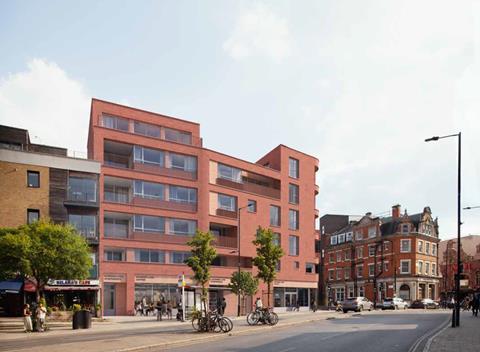
Two proposed residential developments on Morning Lane in Hackney have highlighted the ongoing tension between the demand for urban housing and the pressures facing London’s nighttime economy. The planned schemes, located at 2 and 4–6 Morning Lane, have attracted criticism for their potential impact on the adjacent MOTH Club, a celebrated independent music venue.
The 4-6 Morning Lane proposal, designed by Stephen Davy Peter Smith Architects, seeks to introduce a six-storey building with seven residential units – a mix of one-, two- and three-bedroom flats – and a 55m2 retail unit at ground level. The adjacent 2 Morning Lane development, by the same architects, proposes a five-storey building with five residential units and a 66m2 retail unit.
The proposed development sites are located close to Mare Street in central Hackney. The immediate surroundings include Hackney Town Hall and the Grade II* listed Hackney Empire.
The design and access statement describes the existing site as comprising three single-storey retail units, which it characterises as being in moderate condition and “of no notable architectural merit.”
Abutting the two sites is the MOTH Club, housed in a distinctive red-brick former trades hall on Valette Street. Established in 1972 as the General Browning Club for ex-servicemen, it has evolved over the past decade into a vital hub for live music, comedy and cultural events. Renowned acts such as Lady Gaga and Jarvis Cocker have performed on its stage, cementing its place in London’s independent music scene.
Concerns about the developments’ impact on the venue have been raised by the Night Time Industries Association (NTIA), which has cited the declining number of nightclubs in London – a 29% drop between 2020 and 2024 – as indicative of broader issues facing the industry. In a statement, the NTIA noted: “Both developments, if approved, put one of London’s most loved independent grassroots venues at serious risk, as well as impacting the identity of the local area.”
A noise assessment, conducted by Hawkins Environmental, evaluated the MOTH Club’s operations. The report concluded that the venue presents a low risk of noise disruption. It highlighted the club’s noise management strategies, such as signage requesting patrons to respect neighbours, and noted no significant noise from music or patrons during a site visit. The report stated: “The MOTH Club would unlikely be a constraint upon the development of the site.”
However, the NTIA warned that new residential developments near nightlife venues often lead to conflicts over noise, despite such assessments. “These proposals have balconies directly overlooking MOTH’s smoking area and back onto the stage wall,” the association said. “This could lead to conflicts, noise complaints, and a serious threat to the venue’s ability to operate.”
The MOTH Club has launched a petition opposing the proposed developments, which has attracted nearly 14,000 signatures.
The conflict encapsulates a wider debate about balancing the urgent need for new housing with the preservation of vibrant cultural and social spaces. As Hackney Council considers these applications, many in London’s nighttime and live music economy will be watching closely. The outcome may set a precedent for how the city navigates the competing priorities of housing and nightlife.
> Also read: UK nightlife faces extinction by 2029 if venue closures persist, warns industry body









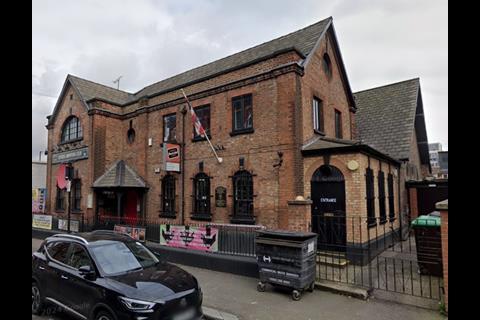

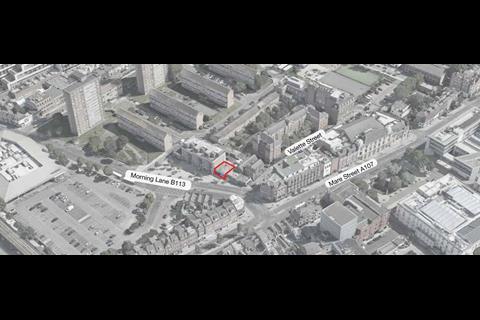
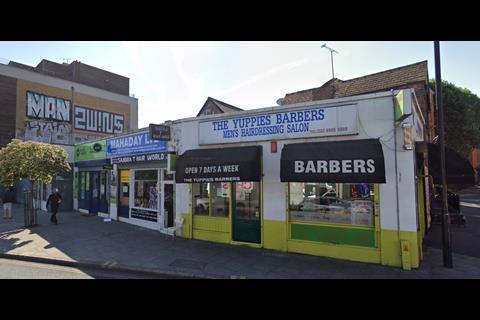
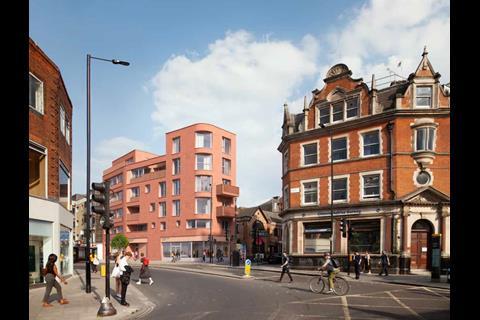







No comments yet